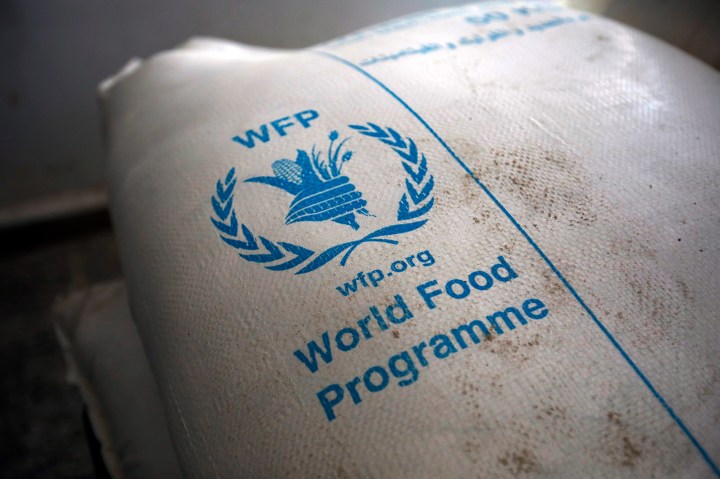COVID-19
U.N. seeks $130 million to prevent hunger catastrophe in Zimbabwe

HARARE, April 8 (Reuters) - The United Nations food agency said on Wednesday it needed $130 million to fund emergency operations in Zimbabwe until August and prevent a catastrophe in the southern African nation, as climate- and recession-induced food shortages deepened.
The World Food Programme (WFP) said 7.7 million Zimbabweans, half the population, need food aid after a devastating drought and cyclone last year. A lack of predictable rains this year has affected crops, compounding the situation.
The coronavirus pandemic has added to the pressure. Zimbabwe has recorded only three deaths and 11 cases, but economists predict it could face a second successive recession this year as the pandemic shuts down large parts of the global economy.
Zimbabwe’s mining industry, the largest single earner of foreign exchange, has already signalled that exports could fall by a quarter due to the effects of the new coronavirus.
“With most Zimbabweans already struggling to put food on the table, the COVID-19 pandemic risks even wider and deeper desperation,” Eddie Rowe, WFP director for Zimbabwe, said in a statement.
“We must all do our utmost to prevent this tragedy turning into a catastrophe.”
The WFP said inflation, at 540% in February, was pushing prices of staples beyond the means of most Zimbabweans, forcing families to eat less and sell off belongings or go into debt.
Zimbabwe is under a 21-day lockdown but some residents have complained this risks exacerbating the situation. More than 80% of the working population ekes out a living in the informal sector, leaving them with few protections.
The government says the lockdown is necessary to contain the spread of the virus, which has killed more than 81,000 people globally. (Reporting by MacDonald Dzirutwe; Editing by Nick Tattersall, William Maclean)
"Information pertaining to Covid-19, vaccines, how to control the spread of the virus and potential treatments is ever-changing. Under the South African Disaster Management Act Regulation 11(5)(c) it is prohibited to publish information through any medium with the intention to deceive people on government measures to address COVID-19. We are therefore disabling the comment section on this article in order to protect both the commenting member and ourselves from potential liability. Should you have additional information that you think we should know, please email [email protected]"

















 Become an Insider
Become an Insider